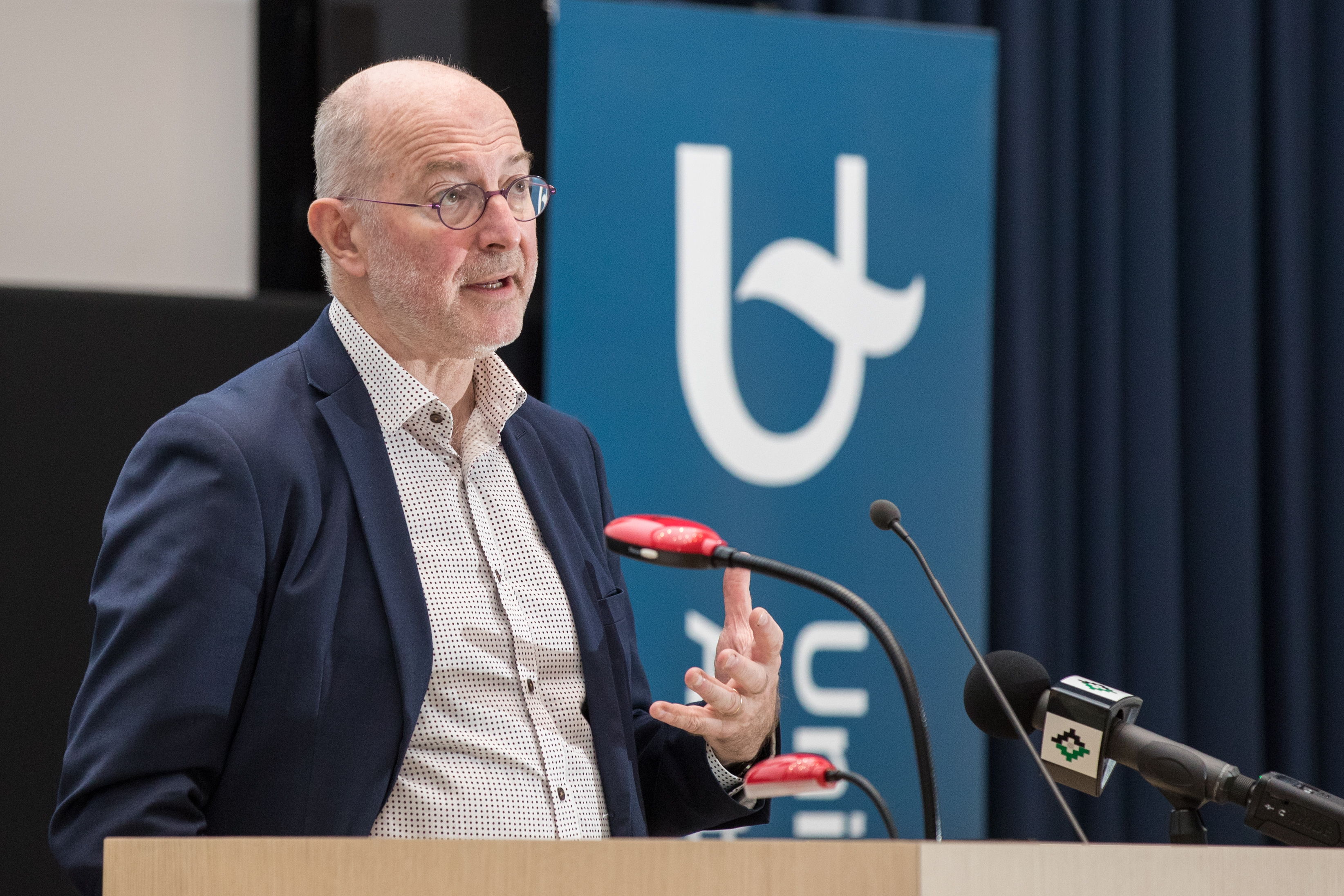Belgian universities partner on 'game-changing' aerosol Covid-19 vaccine

The University of Antwerp (UAntwerp) and the Université libre de Bruxelles (ULB) are collaborating on Covid-19 vaccines administered by aerosol. The new generation of vaccines should be tested in 2025, the universities said in a press release on Wednesday.
The spray could be "groundbreaking" because it could not only reduce the severity of the disease but also stop transmission of the virus. "This is a potential game changer," says Professor Pierre Van Damme of UAntwerp.
Despite existing vaccines, the virus is still circulating and there is a possibility of potentially dangerous variants. "Vaccines that stop transmission, rather than just reducing the severity of the disease, are therefore critical to rapidly ending pandemics and epidemics," says Dr Richard Hatchett of the Coalition for Epidemic Preparedness Innovations (CEPI). UAntwerp and ULB are part of an international research project set up by CEPI, which has invested 60 million euros.
"Vaccines that stop transmission, rather than just reducing the severity of the disease, are critical to rapidly ending pandemics and epidemics"
"These are vaccines that are not injected," says Professor Arnaud Marchant of ULB. "These experimental vaccines are inhaled through the lungs or injected into the nose. They are designed to induce mucosal immunity."
Mucosal refers to the mucous membranes: coronaviruses usually infect people through the cells in the nose, throat and lungs. If the mucous membranes can be made immune, transmission of the virus can be stopped.
The vaccines will be tested in several places, including Belgium. "Healthy people will receive the vaccine and then be exposed to an adapted dose of the coronavirus," says Van Damme. "This way of working makes it possible to quickly get clarity on the efficacy."
Professor Pierre Van Damme of UAntwerp © BELGA PHOTO DAVID PINTENS